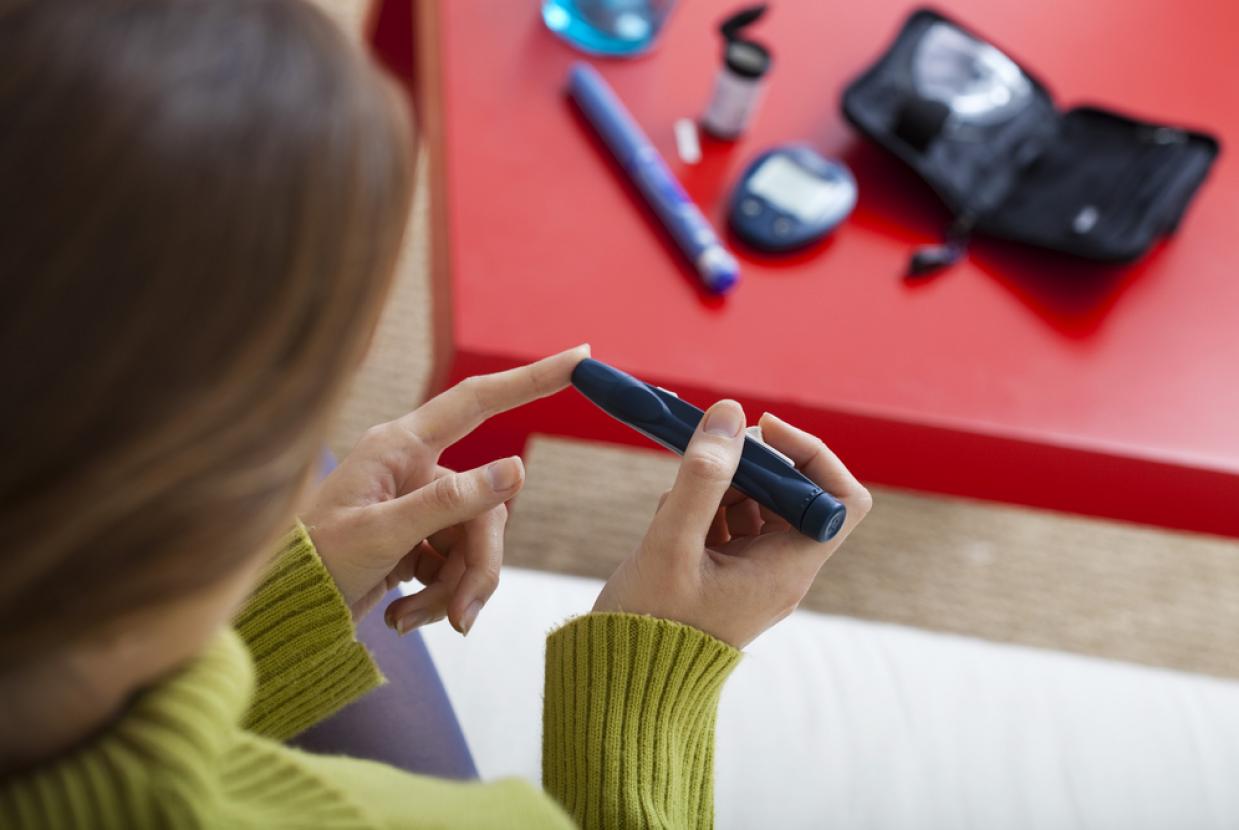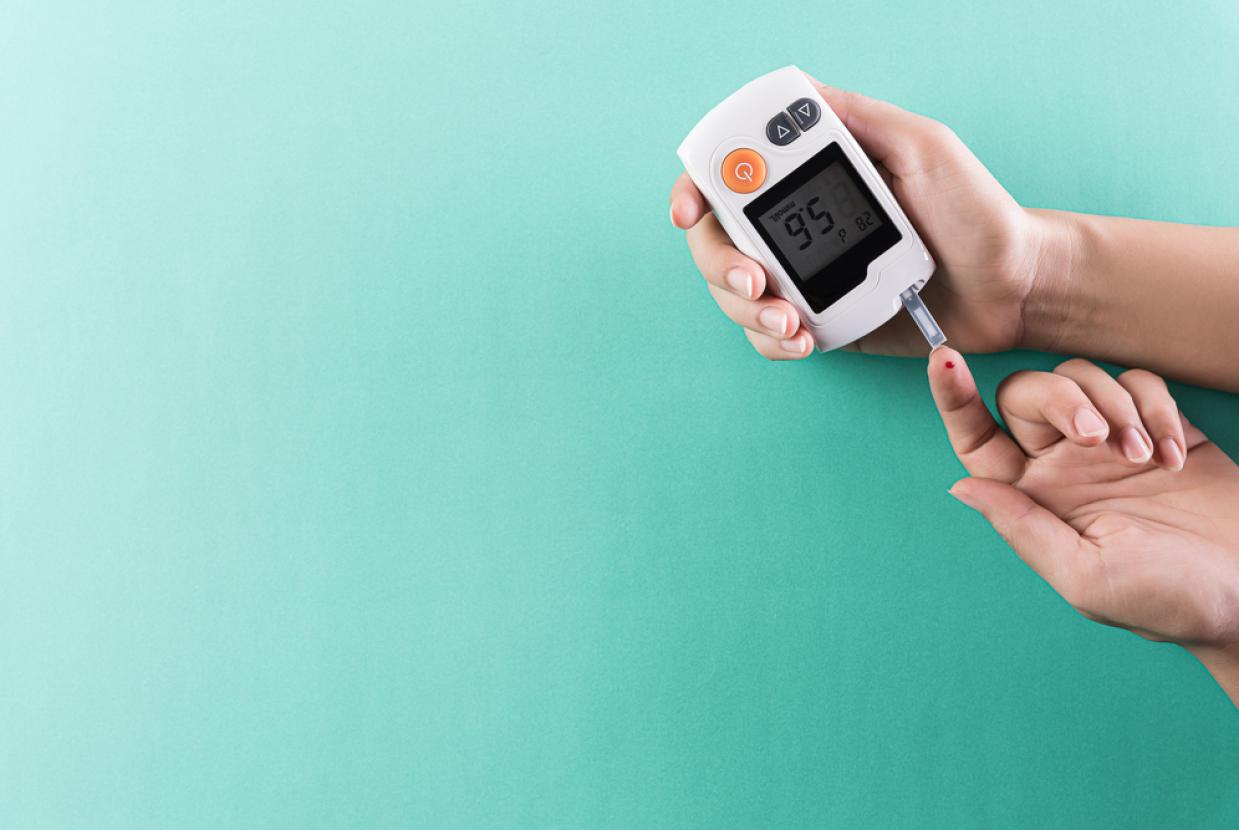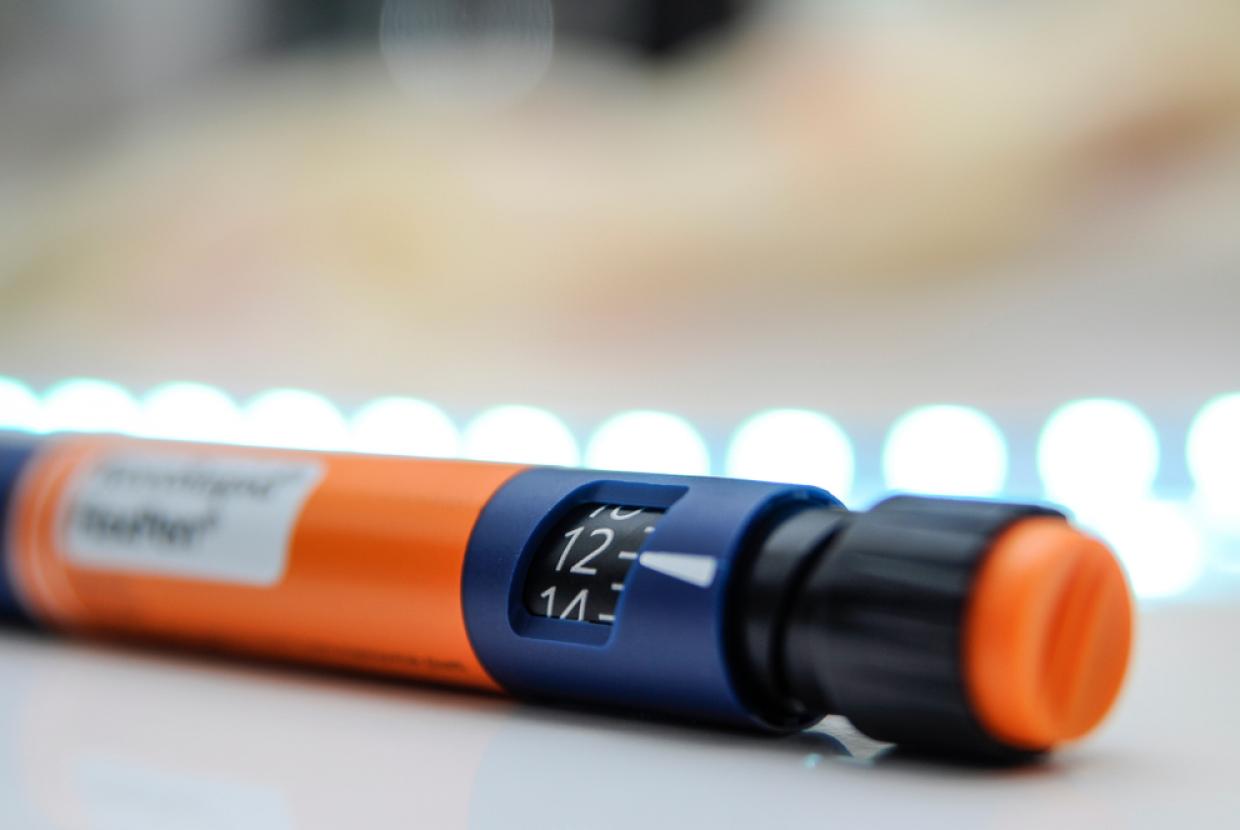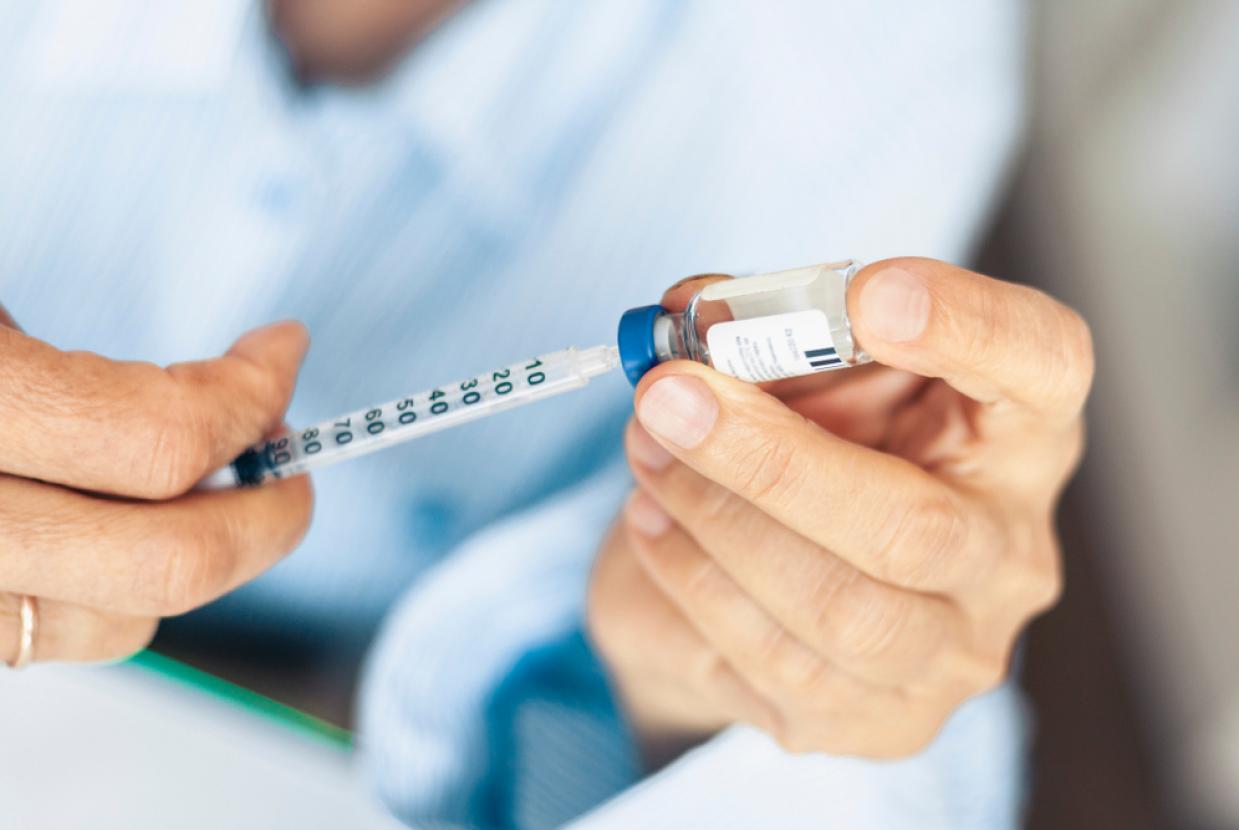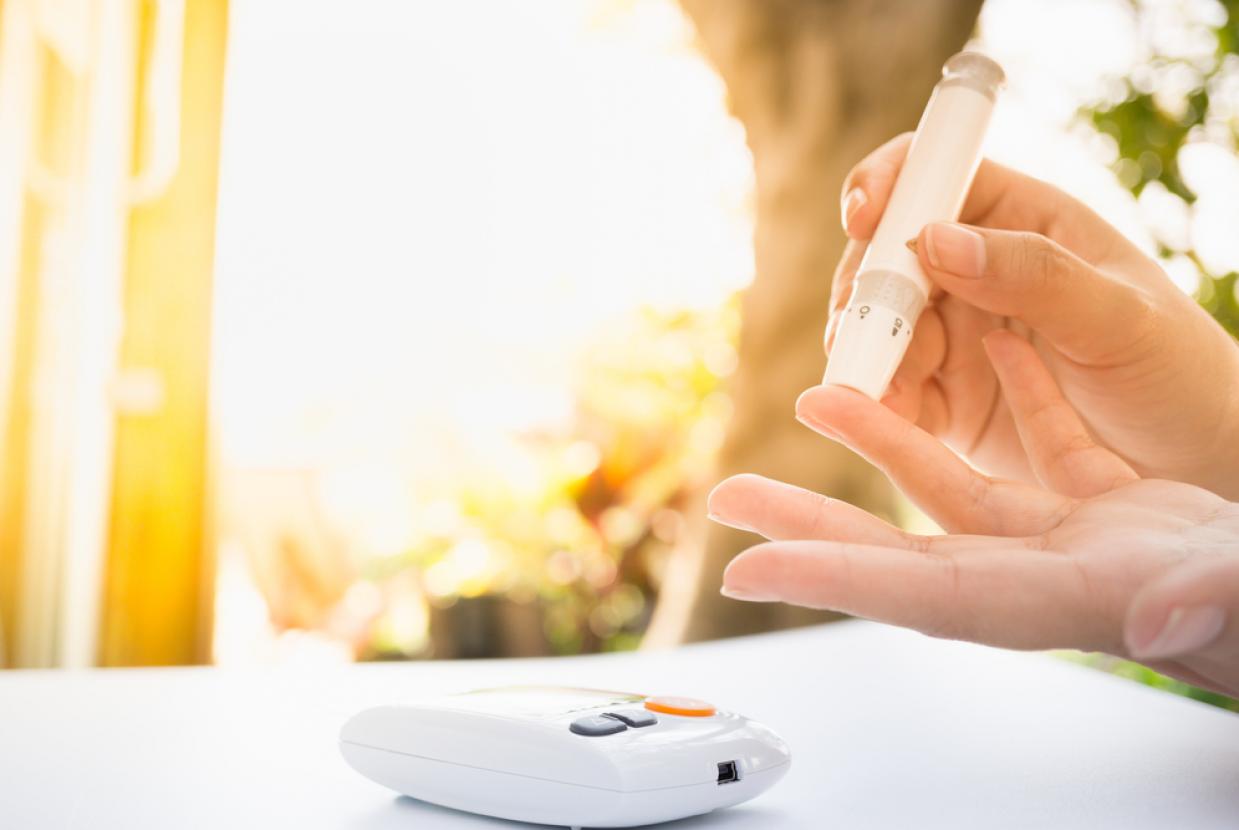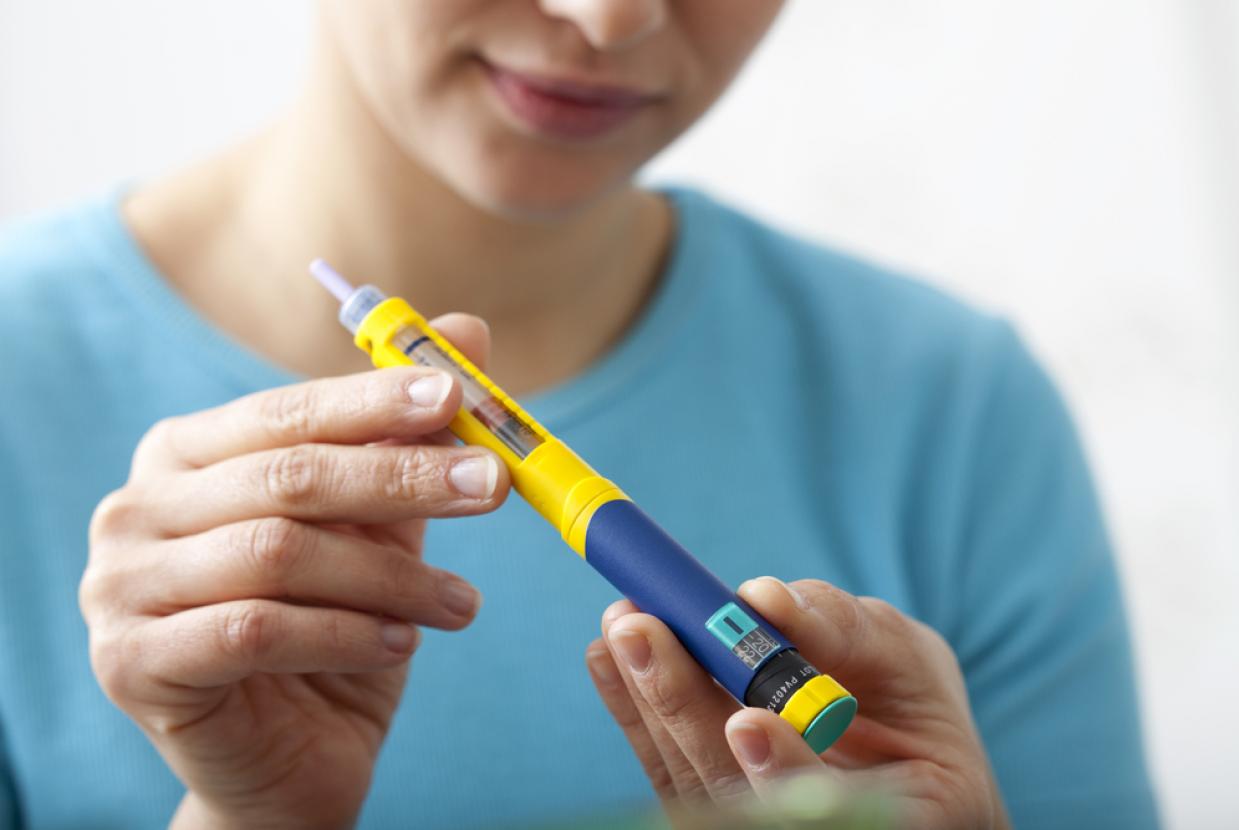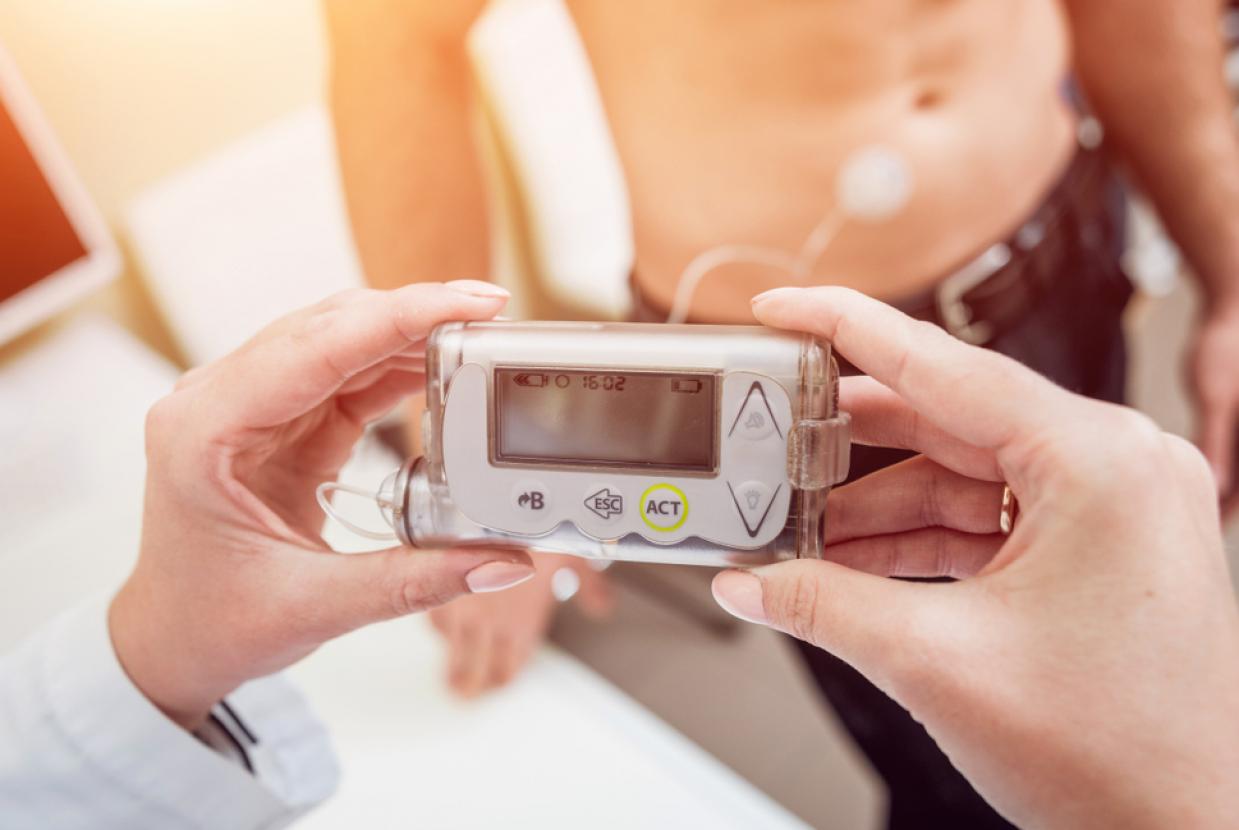Your Child, Diabetes & School
Diabetes / Family HealthDiabetes shouldn’t stop your child enjoying school, and having the same experiences as any other child. It’s important that schools and parents work together to make sure that children with diabetes are getting the care they need and deserve.
We know that a lot of families and schools need help to understand what diabetes means in a school environment. Here's some useful information to help, including a helpful good practice checklist.
As children return to school, many parents have questions about whether it is safe and what your child's school needs to do. We know asking your children to socially distance isn't going to be easy, but schools will have measures in place to help guide them. For example, some may stagger breaks so that fewer children will be in one area at a time.
If your child has diabetes
You may be worried about the safety of your child, but evidence suggests that children and young people – including those with diabetes – are at a very low risk of becoming seriously ill from coronavirus. The government guidance says that your child can go to school unless they have coronavirus symptoms and need to self-isolate. And they don't have to wear a face covering, but can do if they prefer.
Your child’s school must support students with diabetes in the following ways:
- The school must do a risk assessment of your child and share it with you. This should then be included in your child’s Individual Healthcare Plan (IHP).
- They must have a medical conditions policy which covers how to give medicines and first aid safely, including in cases of staff absence.
These steps will help to make sure your child receives the care they need and is entitled to in school. For more information, see our good practice checklist.
We know that some parents are also worried about their child sharing cutlery and plates at lunch, but most schools will use dishwashers to clean everything after the lunch break. If you're still worried, you may feel more comfortable packing a lunch at home.
Speak to your child’s school and their diabetes team if you have concerns about your child or the policy at the school. They will be able to give you more advice and talk you through the information available.
If you're a parent and have diabetes
As a parent with diabetes, you may be worried about the risk to your own health when your child is in school. They'll need to follow advice on hand washing and you might feel more comfortable changing your child's school clothes when they get in.
As ever, it's important you follow the guidance for people with diabetes during coronavirus to keep yourself well.
Medical condition policies across the UK
In the UK, different laws are in place to make sure your child gets exactly the same access to education and experiences as any other child without a medical condition.
The different nations in the UK look after and make decisions about education policies locally. This means that there isn’t one policy, or piece of legislation, that covers all of the UK when it comes to looking after a child with a medical condition, including diabetes.
Diabetes care in schools
It doesn’t matter what nation you live in every school has a duty of care to look after your child while they’re at school.
If your child is starting school, moved schools or only recently been diagnosed with diabetes, we have our school’s information pack (order a schools pack). We’ve designed this to help your school introduce school policies, learn about diabetes, and make sure they’re giving the best care possible.
Our good practice checklist
All schools should have these basic procedures in place to support students with a long-term medical condition, such as diabetes.
- A medical conditions policyMedical conditions policies are created by a school’s board of governors and should be review regularly. They cover what actions should be taken by the school to make sure your child diabetes is looked after, and that they are fully included in the day-to-day life of the school.
- An Individual Health Care PlanIndividual Health Care Plans, or IHPs, are called different things depending on the nation you live in. But these plans are used to make sure your child’s diabetes in managed properly during school time. You and your child’s PDSN should be there when your child’s personal plan is created. It should also be updated and reviewed regularly.
- Make sure you work togetherEveryone should be working together to make sure your child has the best experience at school. You should feel happy and confident that your communication with your school and diabetes team is constructive and regular.
- Training and support At least two members of staff at your child’s school should be fully trained to support your child and their diabetes. It’s important that other members of staff have a general awareness training too, this training should be done by your PDSN although you can help with this too.












